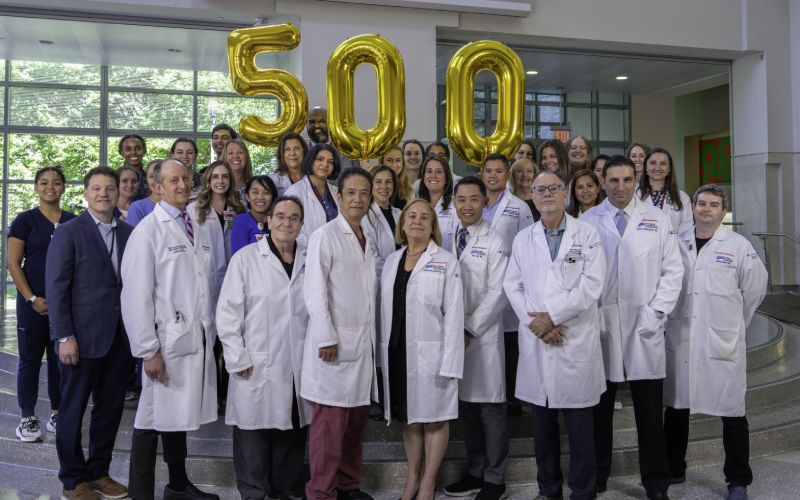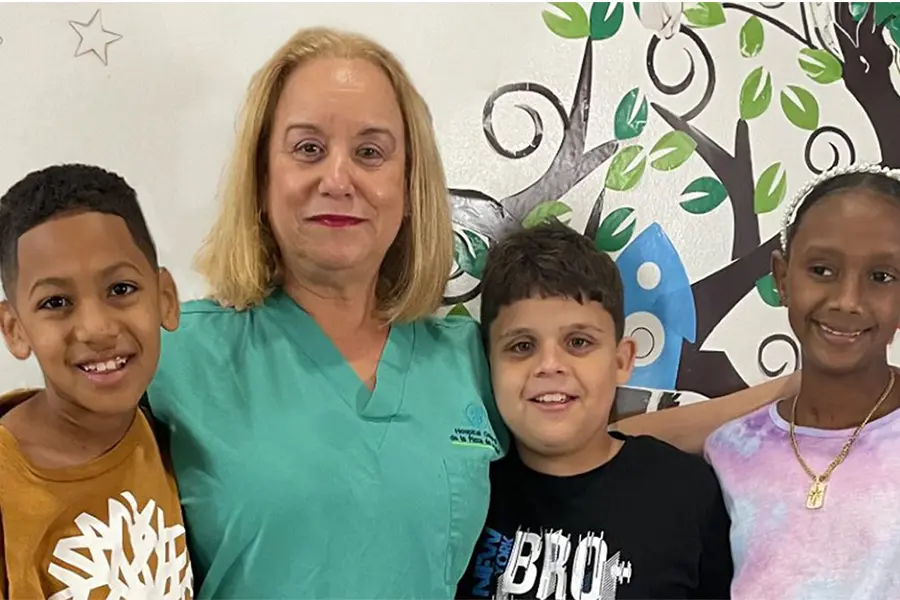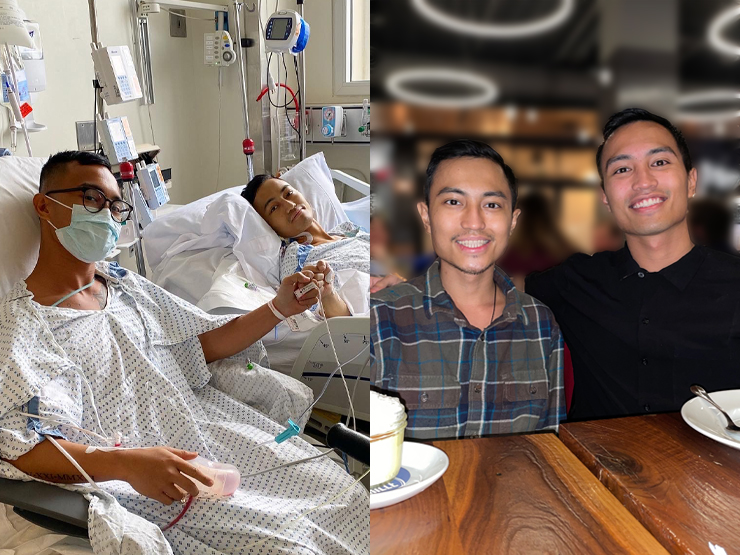Pediatric liver transplants are safe and effective, curing many life-threatening liver diseases. With ongoing care, a liver transplant cures pediatric liver failure, permits normal growth and development, and provides long-term survival benefits for children to live normal lives with few restrictions.
As one of the largest and most successful liver transplant centers in North America and the world, your child is in the best possible hands at the Center for Liver Disease and Transplantation. Our multidisciplinary teams at the Children’s Hospital of New York are dedicated to providing specialized, comprehensive care for children with all degrees of liver disease, ensuring you and your child are supported every step of the way.







